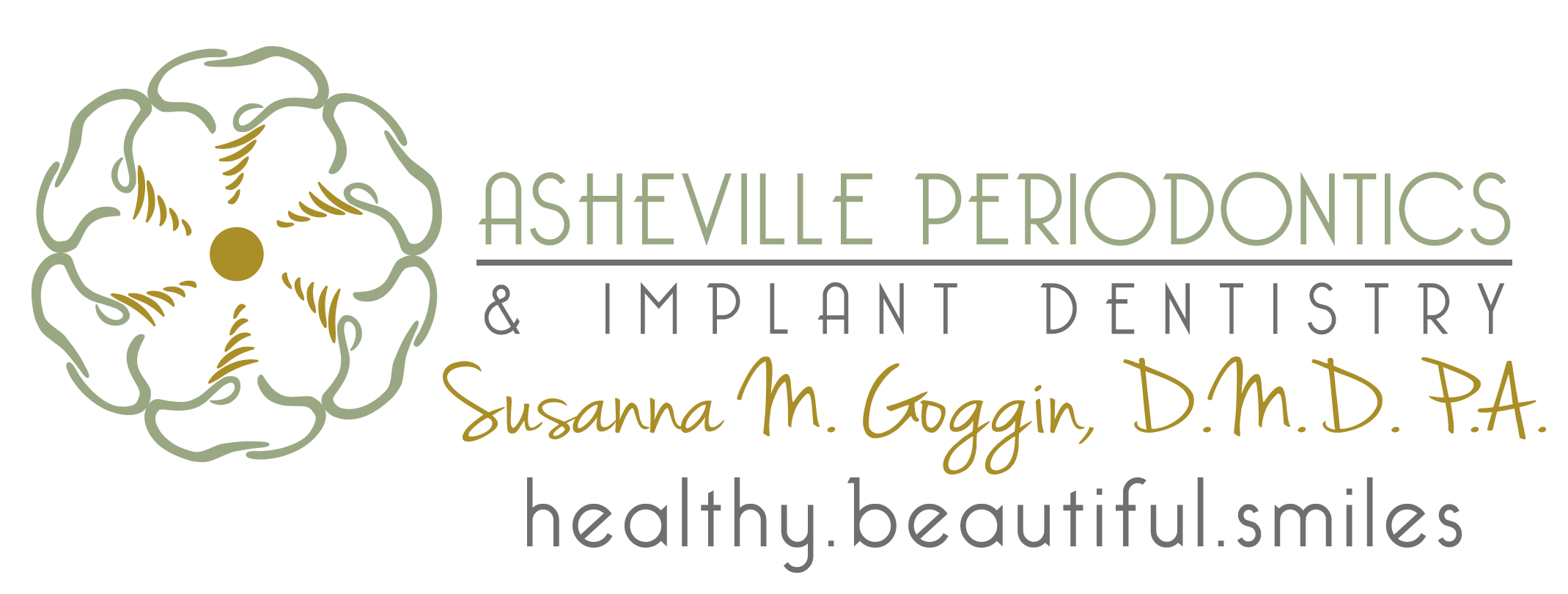Introduction to Periodontics
What does a Periodontist do?
Periodontists have had three years of extensive advanced training in the treatment of periodontal disease, in addition to dental school. As specialists, they devote their time, energy and skill to helping people who need periodontal treatment. Periodontics is one of the eight specialties recognized by the American Dental Association.
What are the benefits of periodontal treatment?
Besides fresh breath, a renewed confidence in your smile, restored oral health and a new sense of health and vitality, you’ll be able to chew your food more easily and enjoy foods you avoided because they were too difficult to eat. With help from Dr. Goggin plus your own dedication to good oral health, you no longer have to accept tooth loss as part of getting older and should keep your teeth for a lifetime.
Should I be worried?
About 75% of the North American population will have some form of periodontal disease, known as gum disease. More than 100 million people in the United States are missing between 11 and 15 teeth. It is important to note that periodontal disease is usually painless and can go undetected until it’s too late. If left untreated, gum disease can destroy the bone and tissue surrounding the teeth, causing them to become loose. Also, gum disease can result in bad breath and may even change the appearance of your smile. If the disease progresses, you can lose your teeth.
Does Periodontal treatment hurt?
Improved equipment, local anesthetics and modern techniques make periodontal treatment more comfortable now than ever before. Effective medications (although often not necessary) are available to give you comfort after treatment. As with other aspects of periodontal treatment, considerations for your comfort during and after treatment will be tailored to best suit your individual needs.
Dr. Goggin may ask you to limit your activity for the first 24 hours after surgery. Most periodontal treatments do not require extensive recovery or recuperation nor will cause you to miss going through your normal daily activities.
